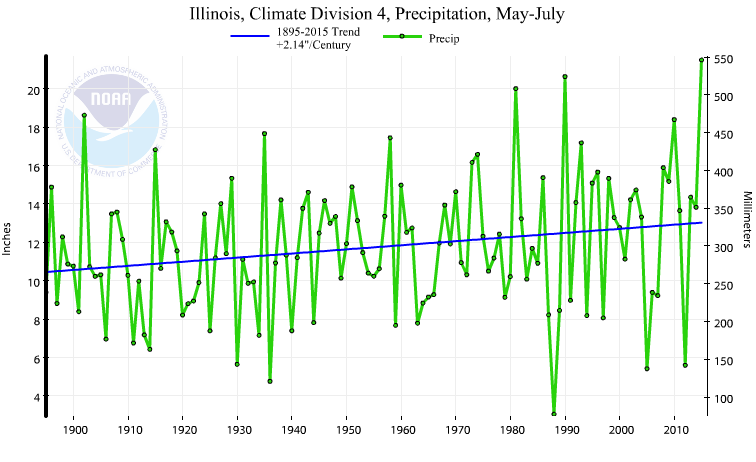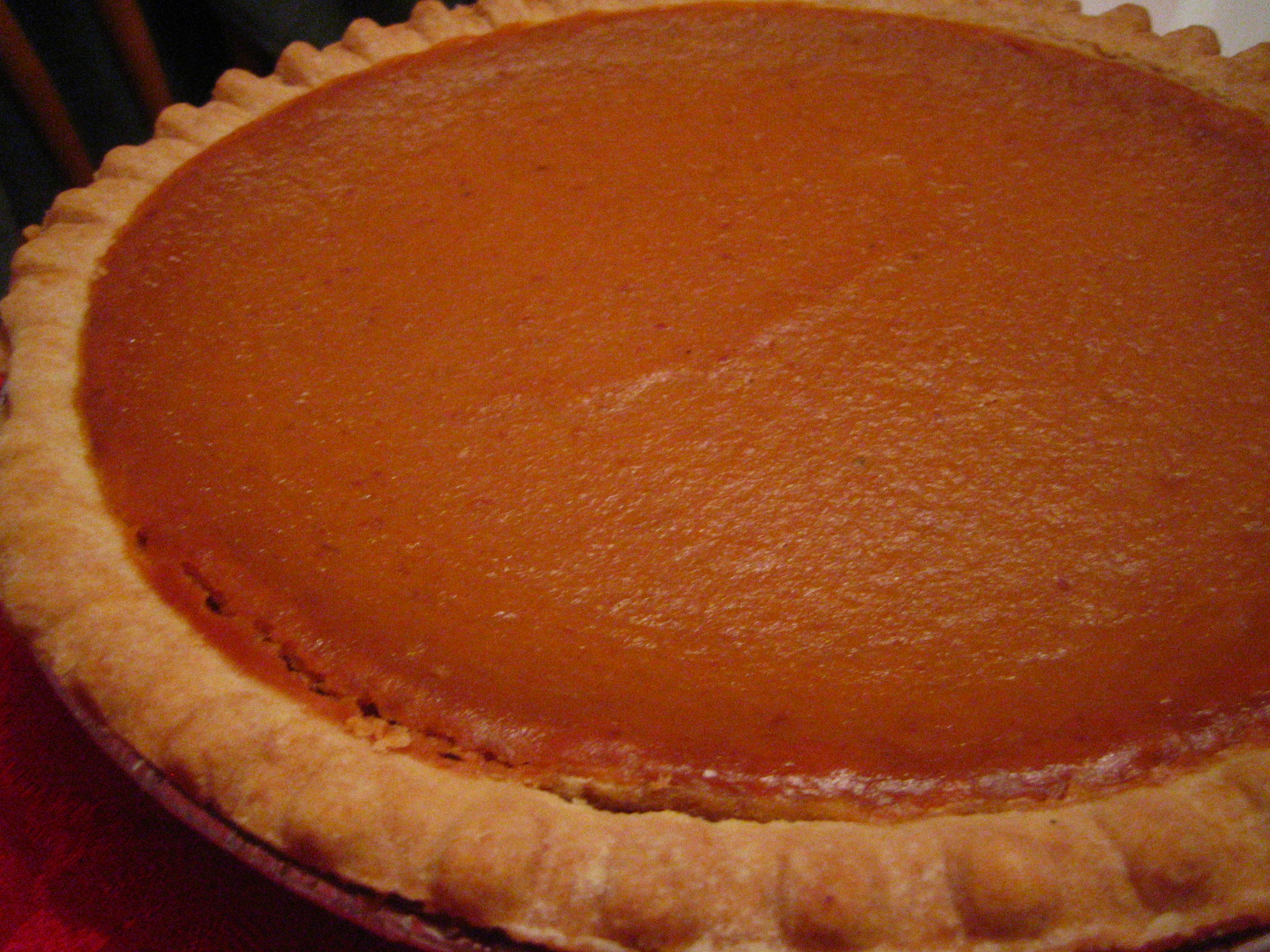Climate Change Is Going to Destroy Your Pumpkin Pie
By:
Unusually wet weather patterns in the so-called pumpkin capital of the world, Morton, Illinois, have become more frequent in recent decades, causing an estimated 50 percent drop in the state's pumpkin yield from 2014 numbers, according to producers.
That drop off could have ripple effects throughout the U.S. market, which relies on one Illinois company—Libby's—for a majority of canned pumpkin. That could mean less pumpkin pie at dinner tables nationwide. But climate scientists say the bad crop could trace its origins to something much more sinister than seasonal spirits or apparitions.
RELATED: Nine Pumpkins You Wish Were President
"The primary cause of the current shortage is the record-setting precipitation in June," veteran Illinois climatologist Jim Angel wrote earlier this month. "Statewide, the average precipitation in June was 9.43 inches, 5.33 inches above average and the wettest June on record."
Angel added that for the months of May, June, and July—an important time for pumpkin planting—precipitation was well above average.
 National Oceanic and Atmospheric Administration - wordpress.com
National Oceanic and Atmospheric Administration - wordpress.com
Here's what this means for your pumpkin pie
 Wikimedia Commons/Rick Audet - wikimedia.org
Wikimedia Commons/Rick Audet - wikimedia.org
Producers said that this season's pumpkin harvest would be canned and distributed between November and December, months with major holidays traditionally punctuated by pumpkin pies. But Roz O'Hearn, brand affairs director at Nestlé, which owns Libby's, told the Guardian that "there just were not as many pumpkins to pick" this year, and that the 2015 crop would be it until next year's harvest. That means some U.S. consumers could be in short supply this holiday season.
RELATED: Climate Change Makes Hurricanes More Dangerous Than You Think
Angel told the Guardian that, as with other negative effects of abnormal weather patterns, the pumpkin shortage could not be directly linked to climate change. But, he said, historical patterns of precipitation change provided "strong evidence" linking the two phenomenon.
According to the Commercial Appeal, consumers will have enough pumpkin stock to make about 45 million 8-inch pies. "Maybe that means you'll have to have one slice instead of two," O'Hearn said.
